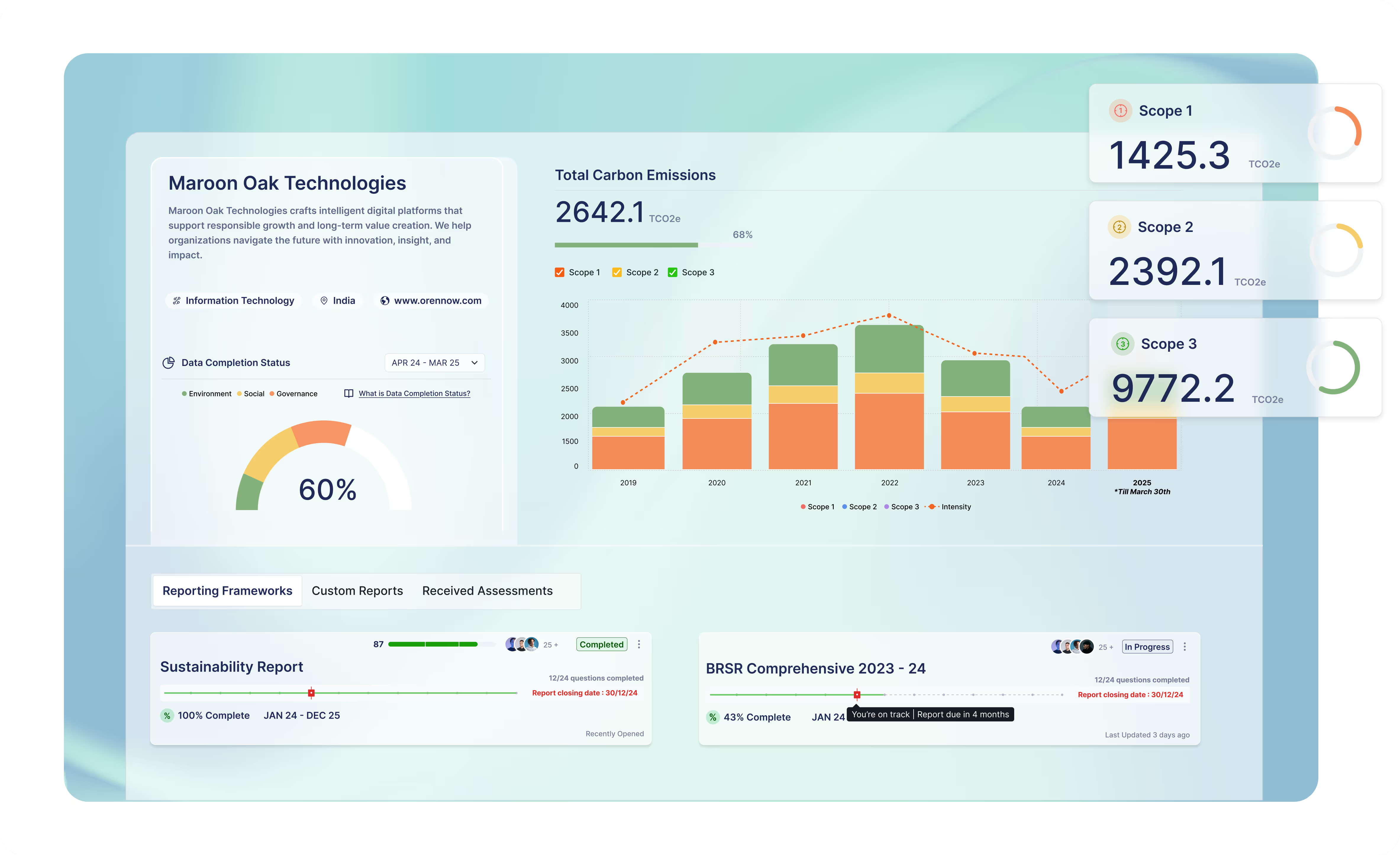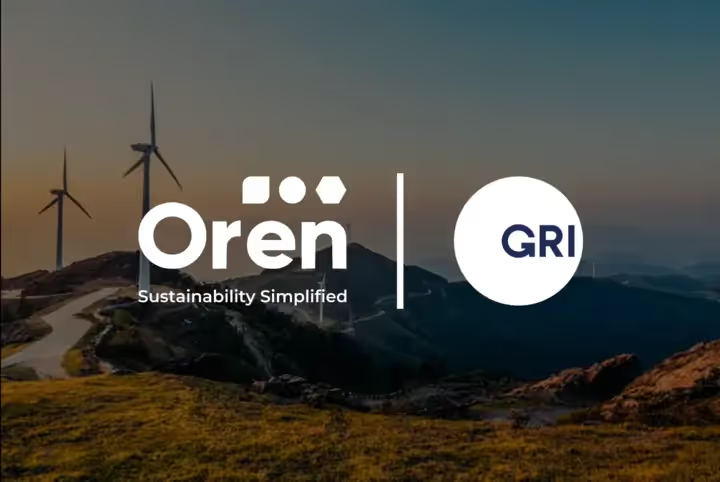


Automated and Assurance Ready CSRD (ESRS) Report
The Corporate Sustainability Reporting Directive (CSRD) sets a new benchmark for sustainability transparency and accountability across the European Union. It provides companies with a robust and standardised CSRD framework to manage CSRD reporting on environmental, social, and governance (ESG) impacts, risks, and opportunities in line with CSRD standards and the European Sustainability Reporting Standards (ESRS).
By adopting CSRD reporting, organisations can embed sustainability into their core strategy, meet evolving CSRD reporting requirements, and strengthen CSRD compliance with EU regulations. The directive enables businesses to disclose comprehensive, comparable, and reliable ESG data—supporting informed decision-making, improving CSRD ratings, and demonstrating leadership in sustainable business practices.




.png)


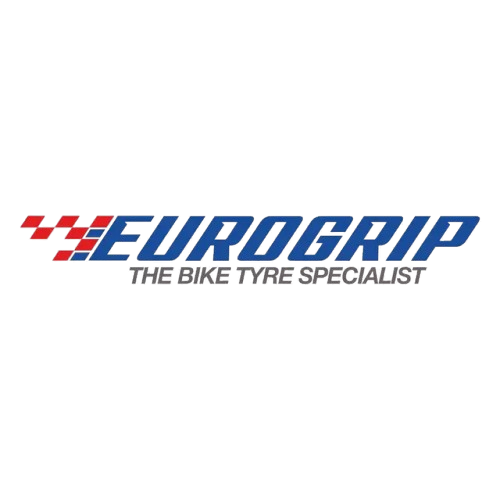
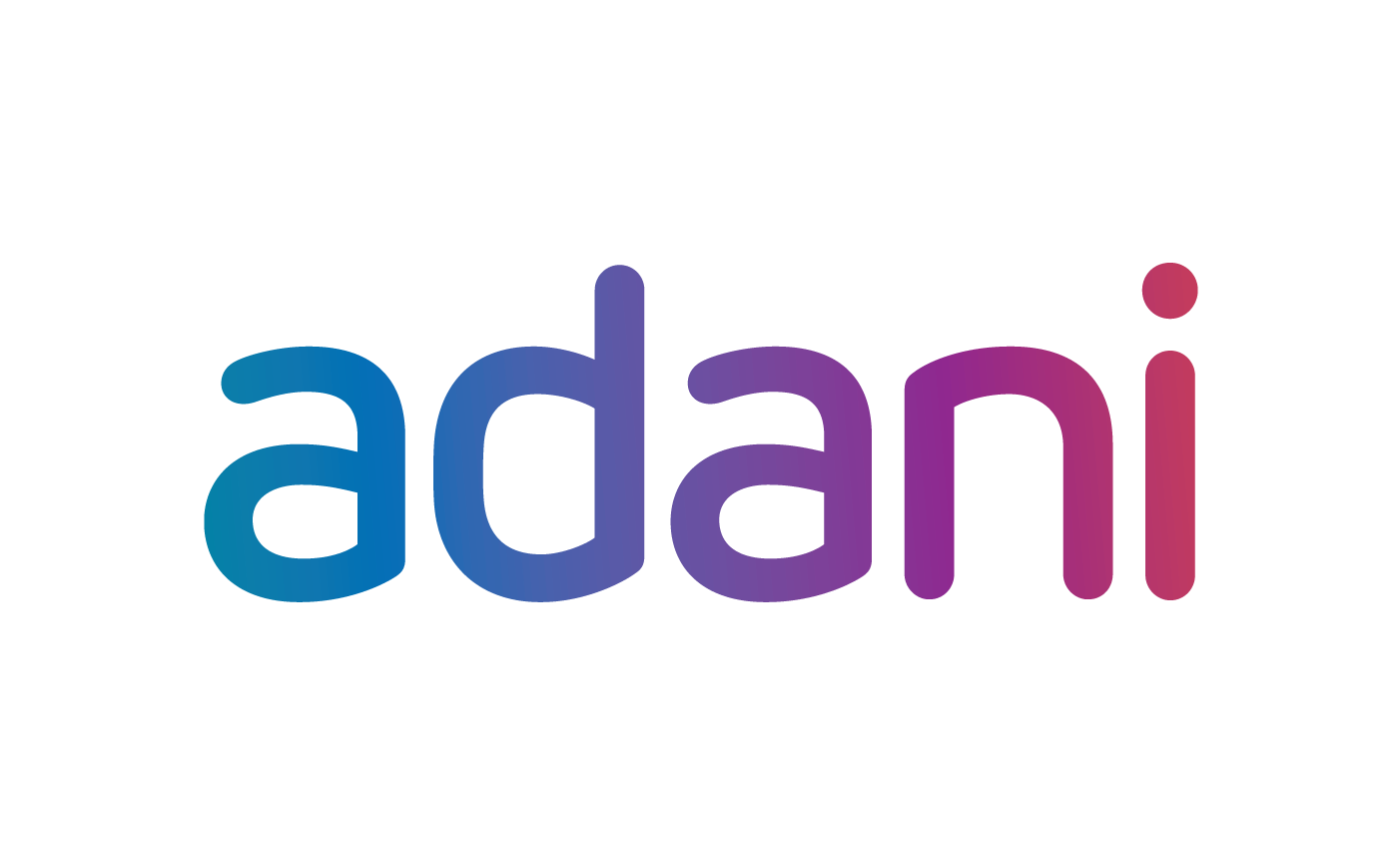




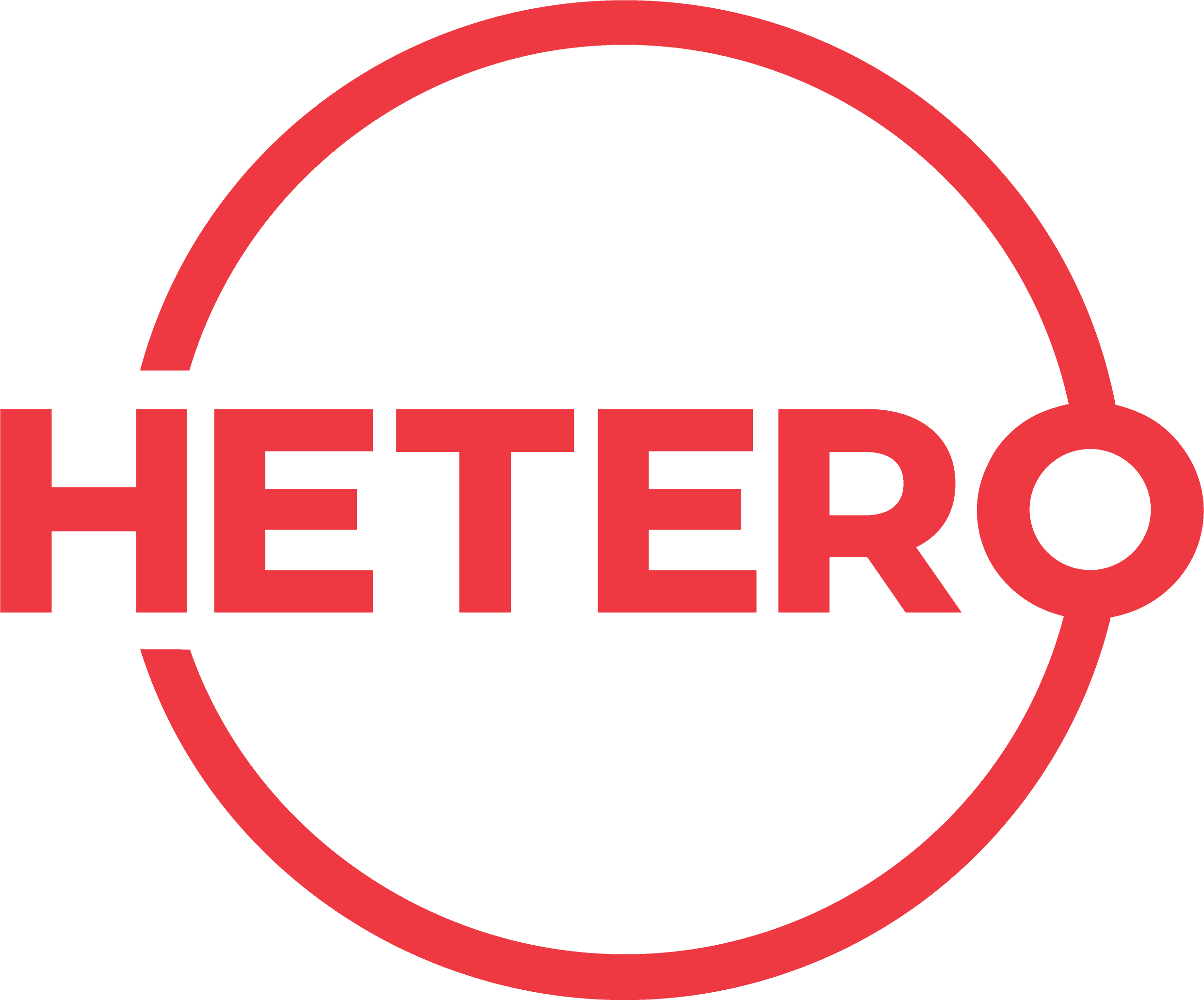




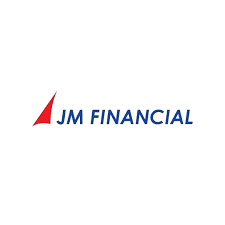
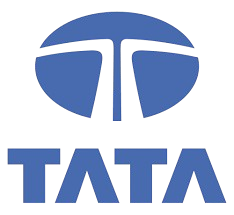









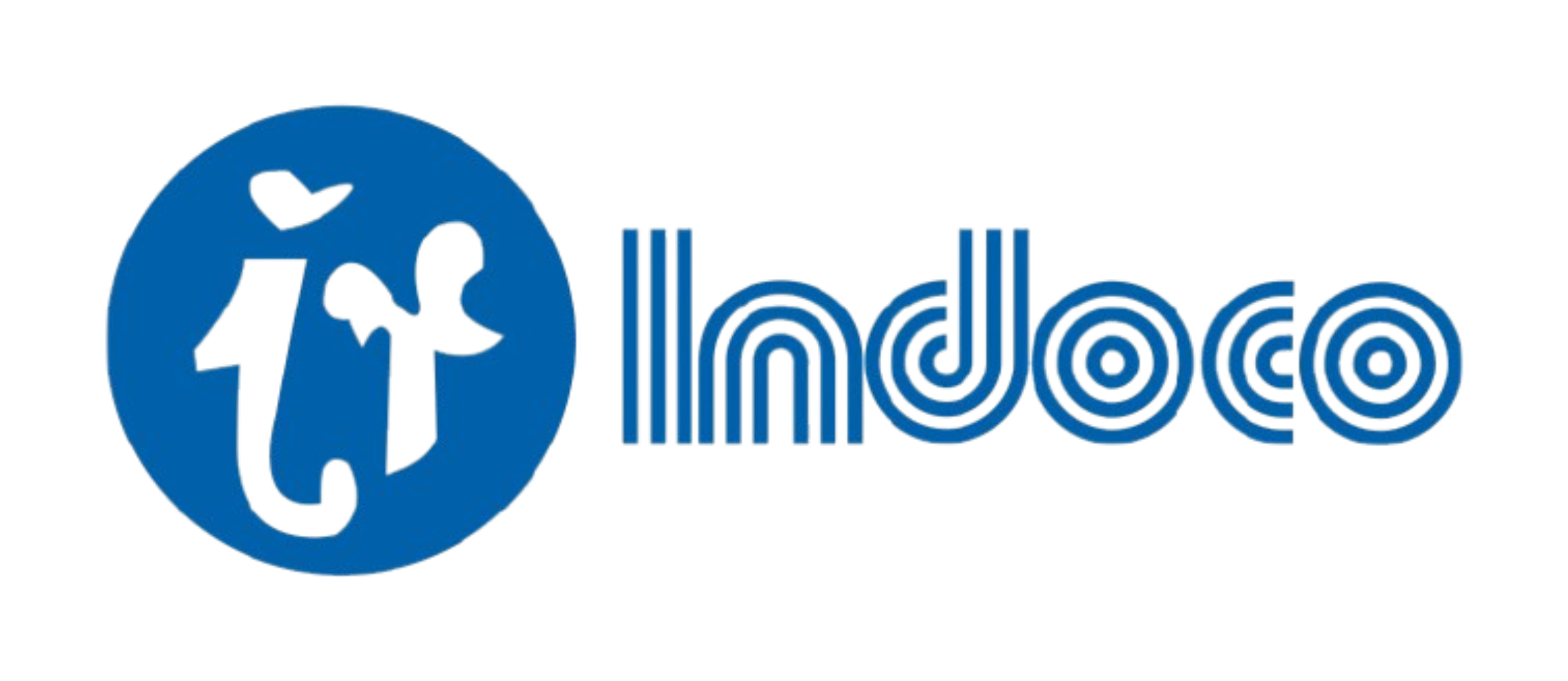
How Oren Sustainability Hub helps?
ESRS-Aligned Template
Get started quickly with our pre-configured template aligned with CSRD standards and ESRS, enabling efficient and accurate CSRD ESG reporting.
Automated Data Mapping
Automatically map internal data to relevant ESRS and CSRD reporting requirements, simplifying data preparation and supporting double materiality assessments within the CSRD framework.
Adopt Industry Best Practices
Enhance the quality and completeness of your CSRD reporting by benchmarking disclosures against industry peers, best practices, and regulatory expectations under the Corporate Sustainability Reporting Directive
Assurance-Ready CSRD Reports
Generate high-quality, credible CSRD integrated reporting outputs that are assurance-ready, ensuring transparency, audit readiness, and alignment with CSRD compliance solutions.
Effortless CSRD Compliance with AI Powered Reporting
Our AI-driven CSRD solution helps organisations meet all CSRD compliance and disclosure requirements by automating data collection, reporting workflows, and system integration—while strengthening ESG performance tracking
AI-Powered Data Collection & Reporting: Automate ESG data workflows to ensure accurate, consistent, and scalable CSRD ESG reporting aligned with CSRD standards and regulatory expectations.
Seamless Integration & Real-Time Collaboration: Integrate sustainability and financial data seamlessly to support CSRD integrated reporting, enabling real-time collaboration across teams for a unified and efficient reporting process.
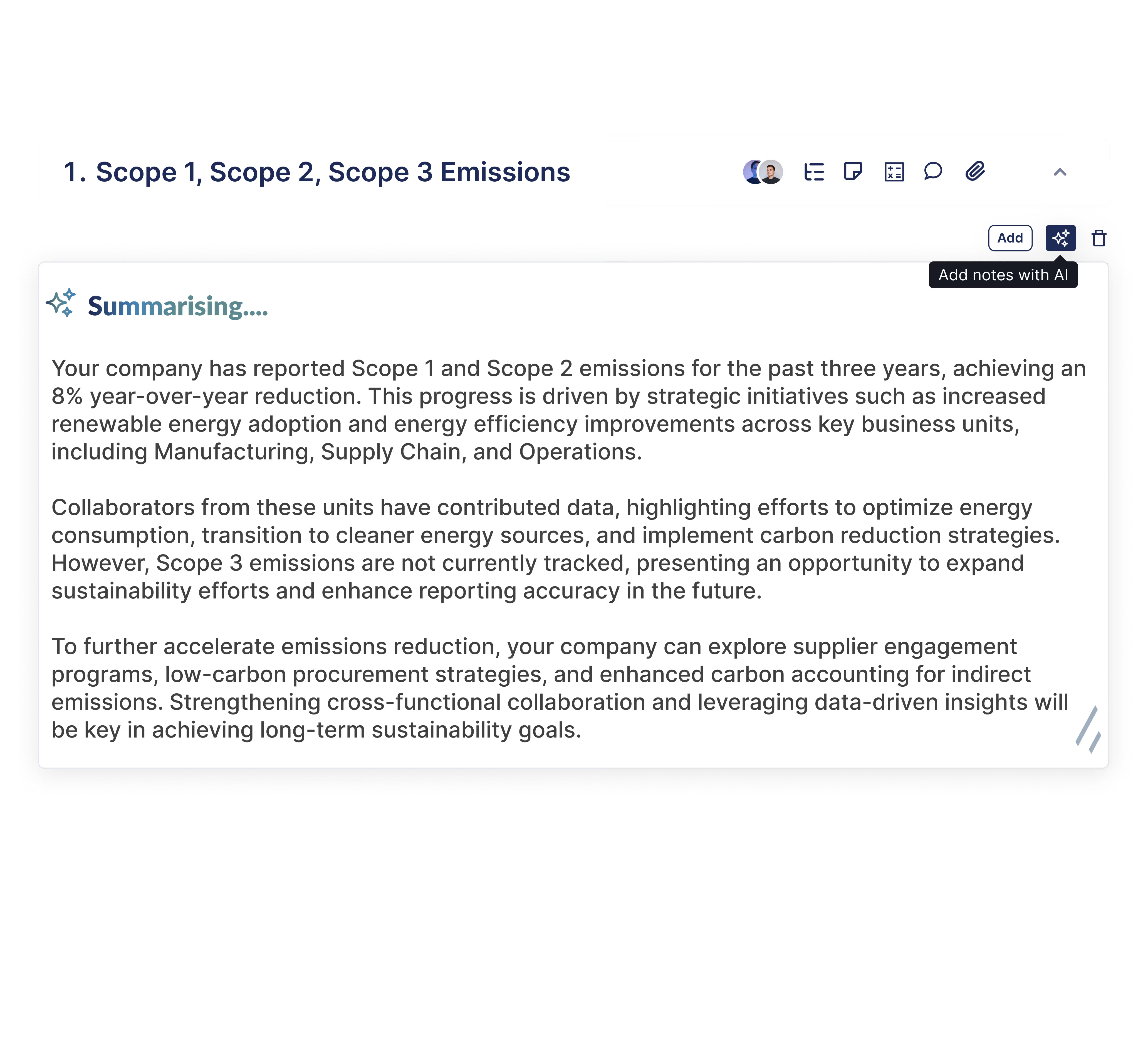
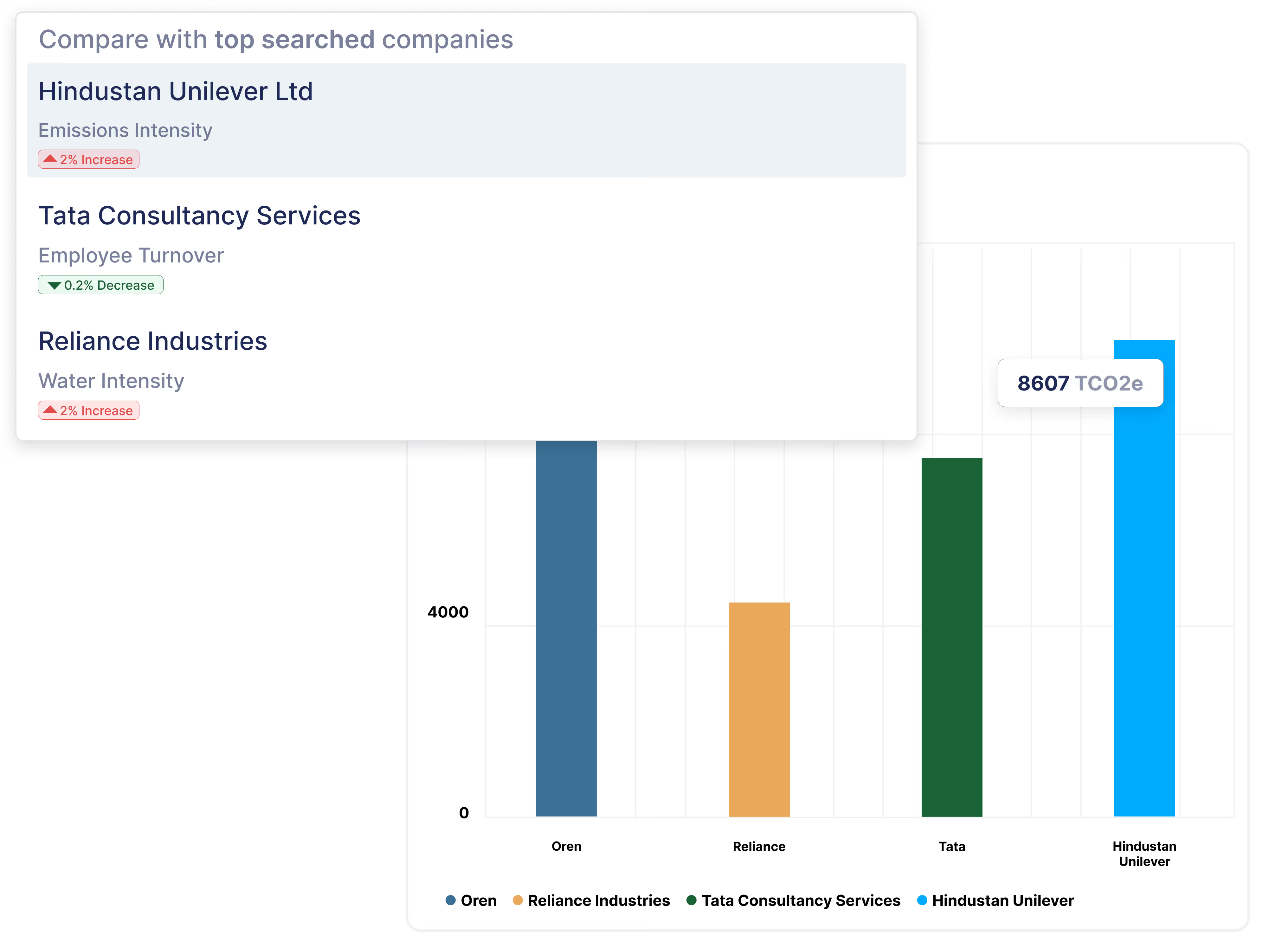
Accelerate your CSRD Compliance with Comprehensive Tools
From double materiality assessments to gap analysis and data governance, our SaaS platform—combined with expert CSRD services- helps organisations stay ahead of regulatory change, ensuring full CSRD compliance while advancing long-term business sustainability.
Double Materiality & Gap Analysis: Conduct flexible double materiality assessments and identify disclosure gaps to meet EFRAG guidance and evolving CSRD reporting requirements
Integrated Reporting & Data Management: Centralize ESG and financial data in one platform to support consistent CSRD reporting, improve data quality, and maintain alignment across global sustainability standards.
Go Beyond Reporting.
Start Driving Real Impact.
Testimonials

Watch the Video Testimonial

Atul Khanapurkar
Executive Director, Shriram Pistons & Rings

Watch the Video Testimonial

Vidhi Thukral
Senior Manager, Max Financial Services


Shalaka Ovalekar
Company Secretary and VP-Legal, ADF Foods
.png)
.jpg)
Gandupalli Santosh Kumar
Deputy Manager - ESG/Sustainability, Metrochem API Pvt. Ltd
FAQs
The Corporate Sustainability Reporting Directive (CSRD) is a European Union (EU) directive that enhances and expands the existing rules on non-financial reporting. It aims to ensure that companies provide consistent, comparable, and reliable information on environmental, social, and governance (ESG) matters, thereby improving transparency for investors and other stakeholders.
The CSRD applies to large companies that meet at least two of the following criteria:
- More than 250 employees
- Net turnover exceeding €40 million
- Total assets over €20 million
Additionally, all companies listed on EU regulated markets, except micro-enterprises, are subject to the CSRD. Notably, recent proposals suggest raising the employee threshold to over 1,000, effectively reducing the number of companies required to report under the CSRD.
Companies are required to report on a broad range of sustainability topics, including:
- Environmental matters (e.g., climate change mitigation, resource use)
- Social and employee-related aspects (e.g., working conditions, diversity)
- Human rights
- Anti-corruption and bribery
- Governance factors
The disclosures should cover both the impacts of these factors on the company and the company's impact on these factors, following the principle of double materiality.
The CSRD requirements are being implemented in phases, to ease the process of reporting:
FY 2024-25: Reporting for large companies already subject to the Non-Financial Reporting Directive (NFRD).
FY 2025-26: Reporting for large companies not previously subject to the NFRD.
FY 2026-27: Reporting for listed small and medium-sized enterprises (SMEs), small and non-complex credit institutions, and captive insurance undertakings.
However, recent developments indicate a potential delay in the start date for certain obligations to mid-2028.
Yes, non-EU companies with substantial activities in the EU are subject to the CSRD. Specifically, companies generating a net turnover of more than €150 million in the EU and having at least one subsidiary or branch in the EU meeting certain criteria will need to comply with the CSRD requirements.
The ESRS are a set of standards developed to specify the sustainability information that companies need to report under the CSRD. They aim to ensure that the reported information is comprehensive, relevant, and comparable across companies and sectors.
Yes, the CSRD introduces a requirement for companies to obtain limited assurance over their sustainability information. This means that an independent auditor or certifier will need to verify the reported information, enhancing its reliability.
Yes, the TCFD has developed supplemental guidance for specific sectors, particularly those with significant exposure to climate-related risks and opportunities. These sectors include energy, transportation, materials and buildings, and agriculture, food, and forest products. The supplemental guidance offers additional context and suggestions tailored to these industries.
Sustainability Simplified
Wherever you are in your sustainability journey, we help you advance with confidence.
Schedule a Call